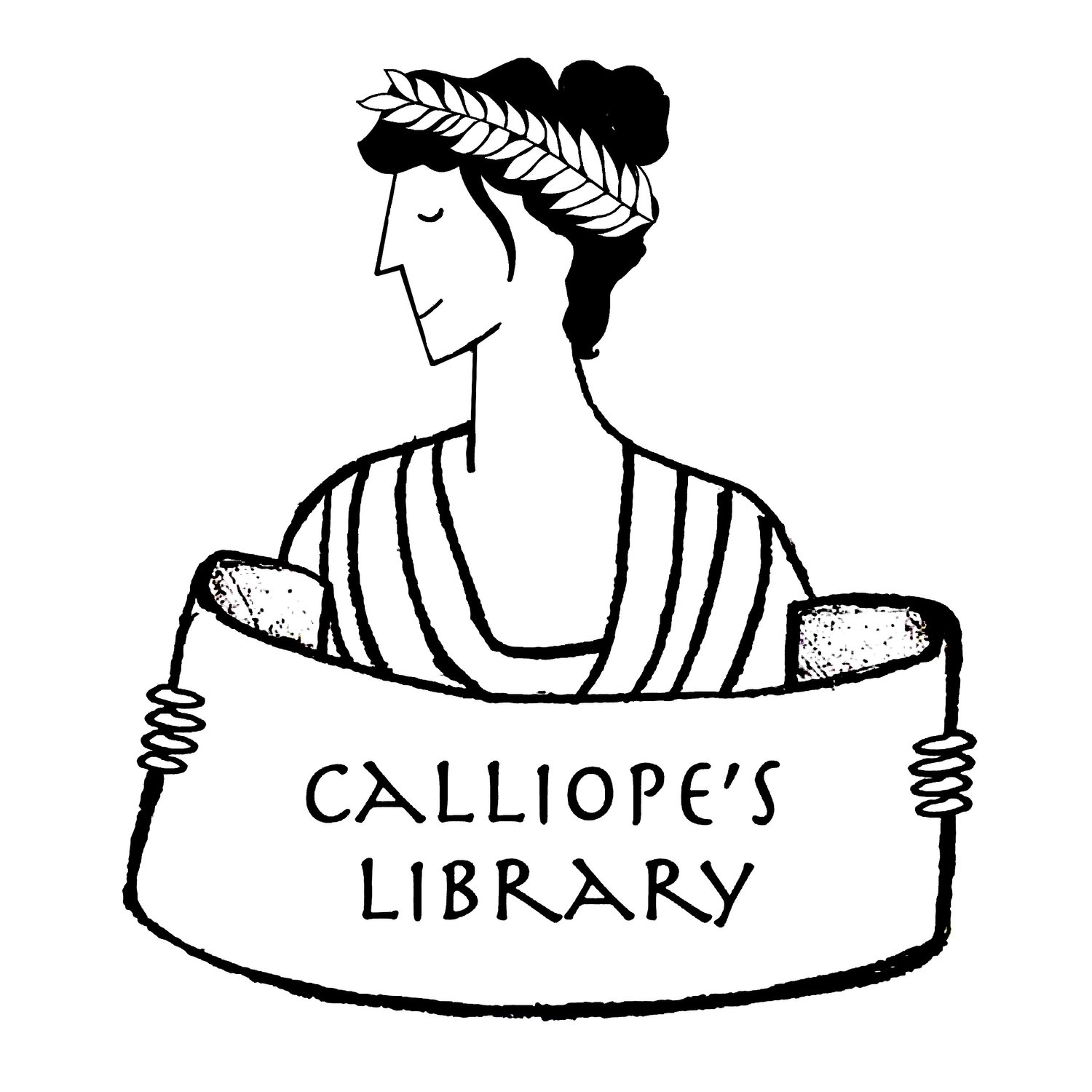Title: The Labors of Hercules Beal
Author: Gary D. Schmidt
Date: 2023
Tags: Middle Grade, Novel, Mythology, Hercules, 21st century worlds, Racially/Ethnically diverse, English
12-year-old Hercules Beal and his older brother Achilles are still reeling from losing their parents in a fatal car accident, but they still have to deal with school and bills and keeping their family farm and garden center open. When Herc’s tough ex-marine literature teacher assigns him a yearlong project to find parallels between his life and the labors of his mythical namesake, he comes to see new meaning in his busy, momentous year.
After the first two chapters, each chapter is devoted to a different labor, in the vein of Agatha Christie’s The Labors of Hercules, albeit with more small New England town adventures than murder mysteries. However, the narrative flows continuously rather than becoming episodic. In the beginning of Herc’s Mythical Application Project, he goes out looking for things to do that match Hercules’ labors, but eventually he starts to use the labors as a coping mechanism to process events as they come. For example, in the middle of the book, Herc thinks of the holidays as the Stymphalian Birds, painfully savaging him with the memories of past times with his parents, and impossible to conquer without support.
Ultimately, this is a story about community. The ensemble cast of well-developed, interesting characters really makes this book great. Lieutenant Colonel Hupfer’s experience in active combat allows him to empathize with Hercules’ grief while still challenging him to do better. Achilles’ possibly-a-vampire girlfriend gives the Beal brothers emotional grounding and practical support when they need it. Over the course of the story, Hercules’ classmates, friends, teachers, neighbors, and even pets all have a role to play in getting the community through the tumultuous year.
This novel is funny and heartwarming. It had me alternating between tears and laughter more times than anything that I’ve read in years. Hercules is a thoughtful narrator, although he tries his best to hide the fact behind defensive snark. As he reflects on his life through the lens of Hercules-the-hero’s actions and mistakes, he comes up with some deep insights into grief, friendship, and the human condition. It’s a prime example of how mythological stories have remained so powerful and so important over the millennia. Fans of Gary D. Schmidt’s other award-winning books (The Wednesday Wars, Okay for Now, Lizzy Bright and the Buckminster Boy) will love this book, but I’d recommend it to any and all readers of every age.
– Krishni Burns
The Labors of Hercules Beal is a deeply emotional coming-of-age story told in the convincingly-modulated voice of 12-year-old Hercules Beal, who both wants to tell us things and frequently insists that certain things are none of our business. Hercules and his much-older brother Achilles are trying to run the Beal Brothers Farm and Nursery after the recent death of their parents and struggling to relate to each other, as they both navigate their grief. Assigned a project on the labors of the mythological Hercules, our modern Hercules must identify and conquer challenges in his life that mirror those of his eponymous predecessor.
The book is most evocative in the way that it portrays relationships, whether human or animal, and it is the many varied—and surprising—animal relationships that young readers may find most moving. (This not-young reader found herself weepiest at those moments of human-animal connection that demonstrated Hercules’ profound compassion.) Gary D. Schmidt does an excellent job of representing the way that a young boy might talk about intense emotion, trying hard to maintain his dignity while reluctantly acknowledging that he sometimes needs support, both emotional and logistical. And yet, this book is also very funny, in a manner reminiscent of Robert McCloskey’s Homer Price stories and Louis Sachar’s Wayside School stories. The humor keeps the narrative both realistic and developmentally appropriate.
Books featuring male tween protagonists rarely feature such emotionally-intelligent material as The Labors of Hercules Beal. In our 21st-century social-media-driven world, where expressing emotion can make young readers vulnerable and subject to ridicule, this book is an extremely valuable addition to library, classroom, and home bookshelves. -Nava Cohen


